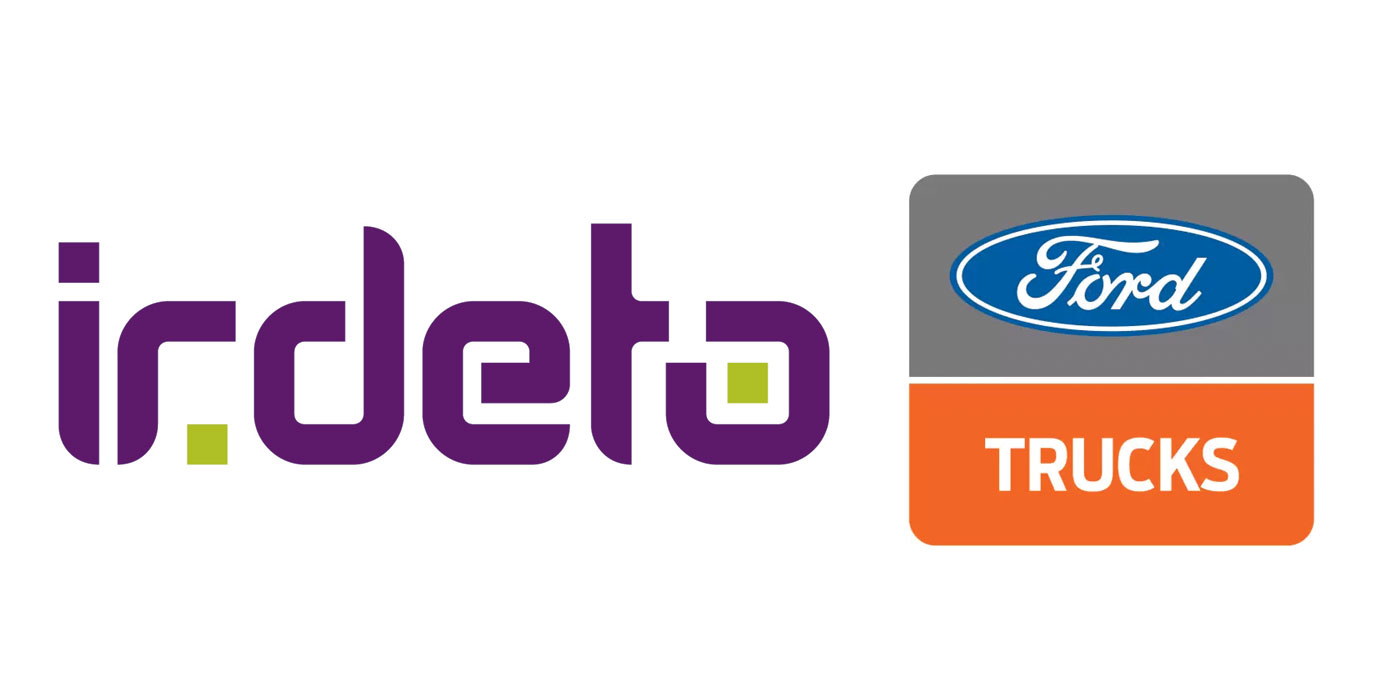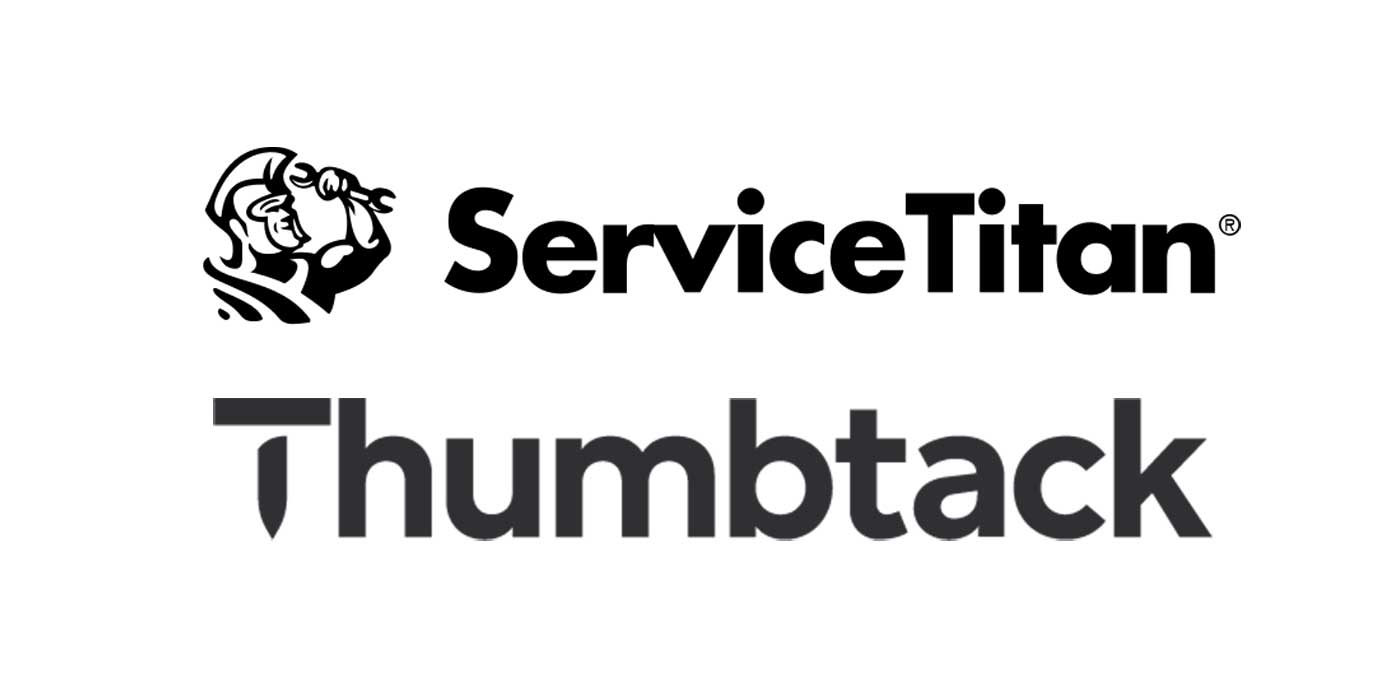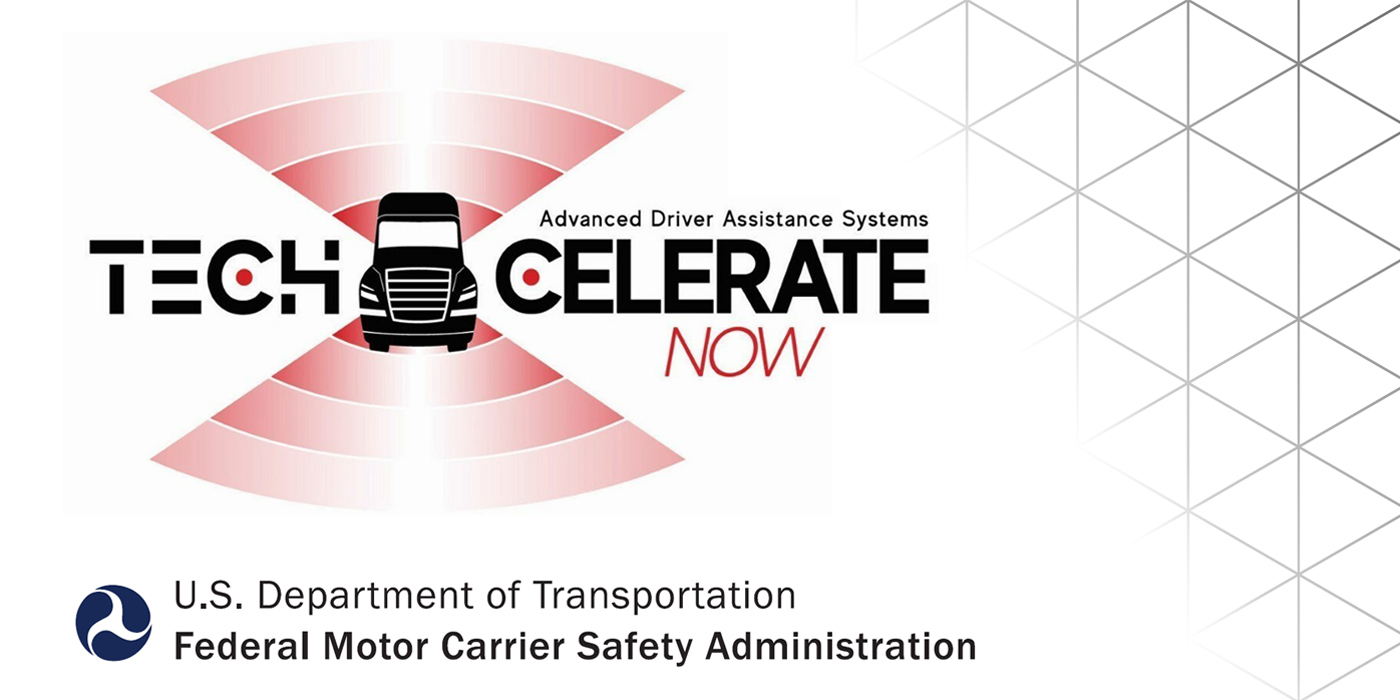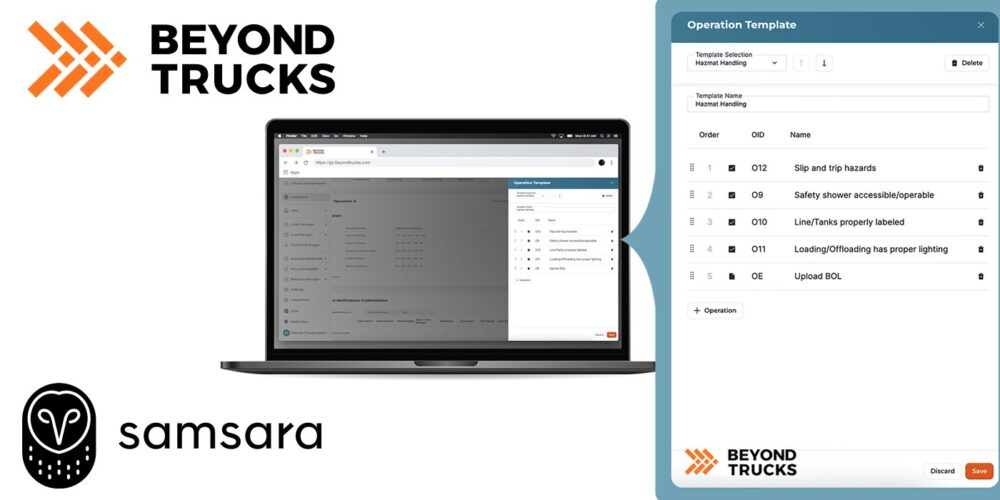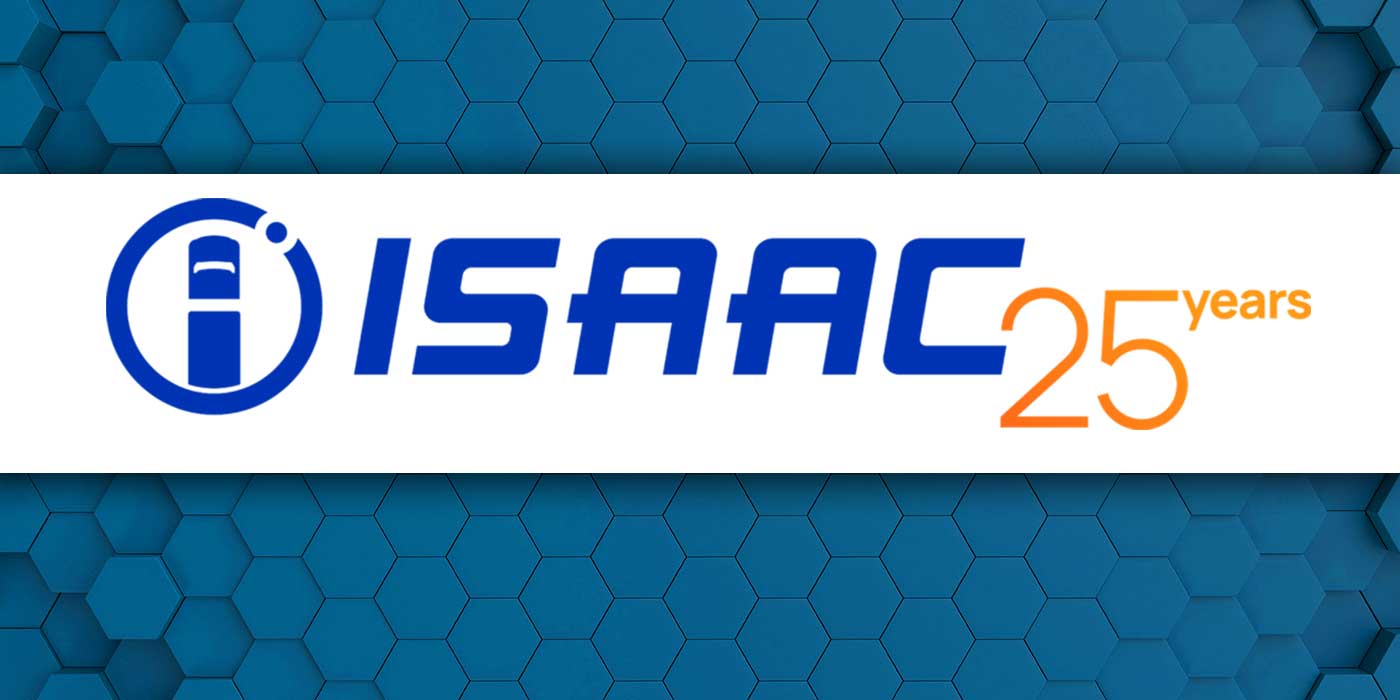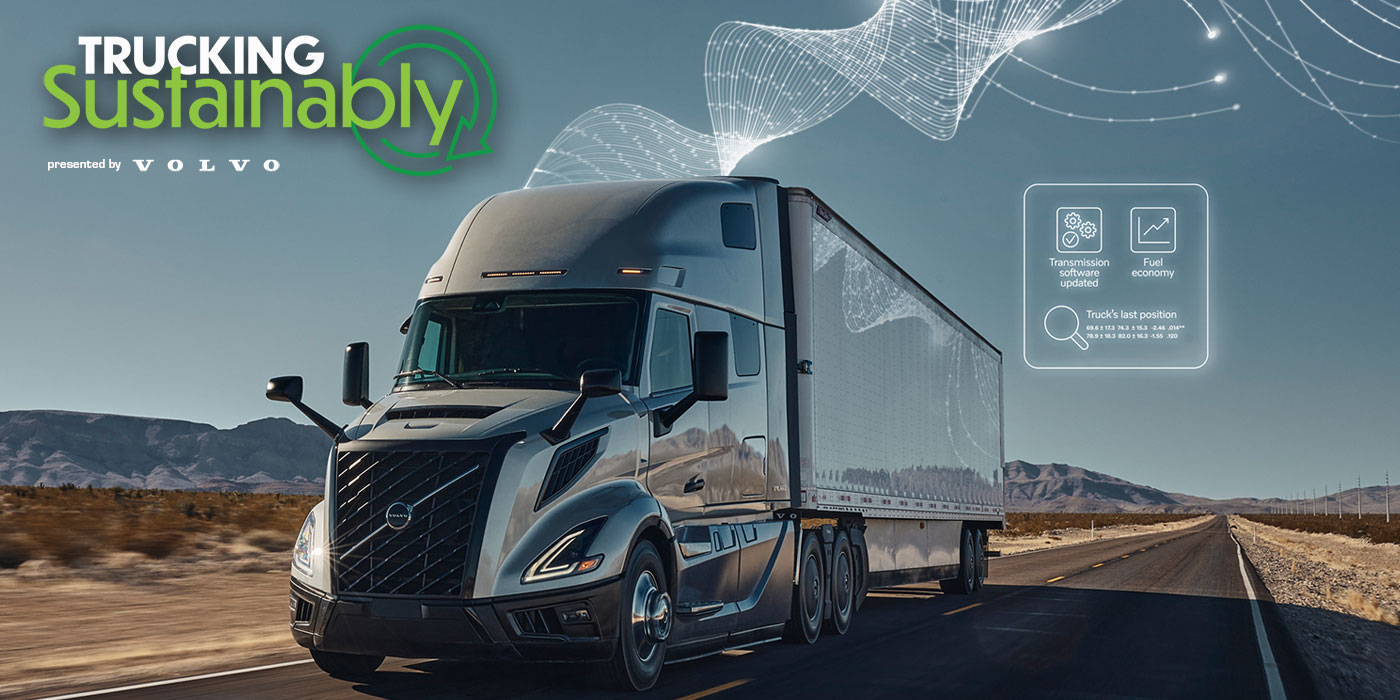For many businesses, overcoming the challenges of COVID-19 has meant implementing fleet management solutions and other new technologies to keep pace with a rapidly changing world. As many as 33% of small business owners indicated that they have implemented new systems to help secure their future success. But in order to ensure this success, privacy must also evolve as the business grows.
Business owners and fleet managers using modern fleet management technology can streamline office operations, coordinate dispatching and remotely monitor fleet maintenance and driver safety. With these benefits comes a potential minefield of data, security and privacy concerns businesses may not have considered, or be prepared to handle.
These days, fleet management solutions have advanced well beyond vehicle tracking systems and now include innovative solutions such as near-real-time video dashcams, where cameras record driver and vehicle surroundings when a harsh driving incident occurs. Fleet management technology like this generates a vast amount of data—and a litany of potential questions on how to responsibly use it.
The bottom line? Businesses with a fleet of any size should plan and prepare for the privacy concerns around these fleet management solutions.
Fortunately, there are some easy ways to get started. Here are some data privacy challenges that businesses implementing or currently using fleet management technology can face, and easy tips to help build a culture of data privacy that everyone can support, from the home office to the drivers. The fact is, these measures are important for any organization, of any size, that wants to make data privacy a pillar of a successful fleet operation.
Demonstrating what data collection looks like
For businesses using fleet management technology, keeping data safe starts with the drivers, office personnel and other employees who will in some way use it. Keeping all employees on the same page with a transparent explanation of how fleet management technology collects and manages data is crucial in order to ensure they are not feeling out of the loop and concerned.
Share with drivers what data collection looks like from the back office by clearly articulating what type of data is being collected and how it is used. Share who has access to the information, and explain what it is used for. Provide demos of telematics software and an open dialogue for questions.
Businesses can help employees and drivers understand how newer technologies like driver-facing dash cameras can be a powerful ally that helps them combat false claims and reduce insurance costs instead of another punitive, Big Brother-style obstacle to their jobs.
This level of transparency can go a long way toward making employees feel like they are an important part of the data privacy conversation instead of it being just a list of rules they must follow.
Creating a culture of privacy
Building a business culture is already important, and making that data privacy a core tenet of that culture should be a consideration. Begin by creating a data policy document that outlines when, where and what information is collected. Don’t forget to answer the why as well.
Some simple things to include in this data policy document could include best practices about not sharing personal login information, reminding drivers that collecting data is key to operational efficiency, and how video data can help drivers to feel protected and dispel false claims in the event that a harsh driving incident occurs.
Remember, unless there is a specific issue, fleet management solutions should be looking for trends, not picking apart a driver’s day. Beyond the document, it’s also a good idea to offer demos of telematics software for relevant employees, as it will create an open dialogue with any questions employees may have.
Utilizing tools to bring data privacy to life
Once your business has an understanding of how fleet management technology has been implemented, consider how your solution actually uses and shares data—and what level of control you have over the solution.
Fleet management technology solutions lets users control how, when and where to share their data. It also includes tools to help businesses manage and safeguard that data. For example, driver management software provides businesses transparency into who is driving what vehicle to help zero in on specific data or incidents, and to avoid over-reporting and sharing.
It’s also a good idea to think about other functions such as privacy buttons, which allow drivers to switch off tracking features when they are making personal journeys, and special administrative controls that can make vehicles more or less recognizable depending on the specific need. For example, vehicles could be identified by their license plate, name or fleet number, and drivers by name or number.
Finally, in the age of video everywhere, special consideration must be given to how dashcam footage is used. Rather than being a constant monitoring tool, recordings of harsh driving events should be used as a tool to promote safety and individualize driver coaching—made possible by the ability to download recordings during a limited period of time.
This article was contributed by Kevin Aries, head of global product success for Verizon Connect.
Disclaimer from Verizon Connect: The information provided in this article does not, and is not intended to, constitute legal advice; instead, all information is for general informational purposes only.


